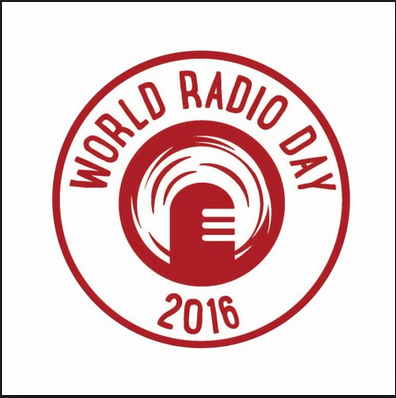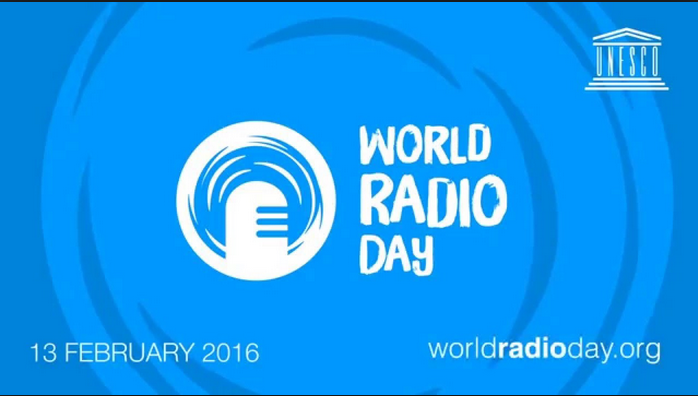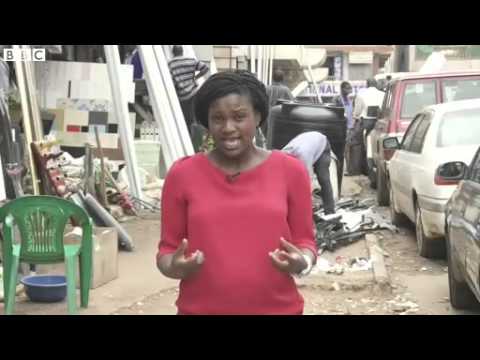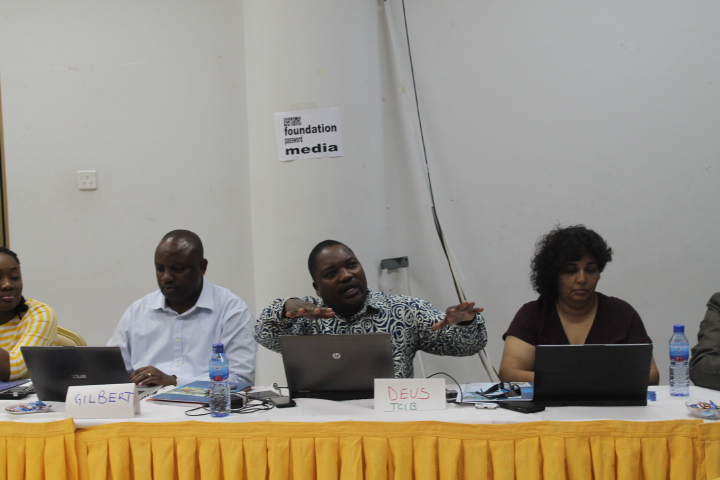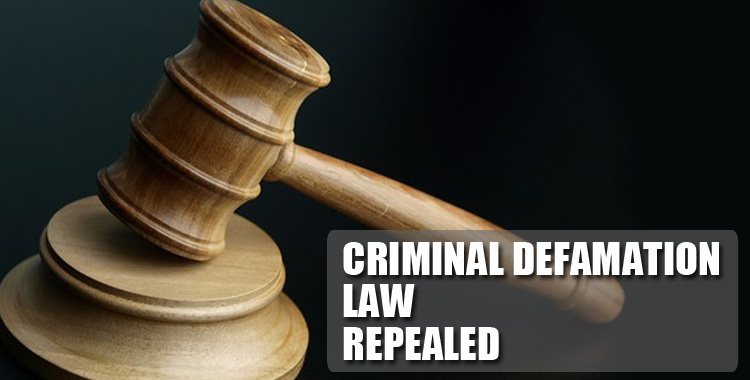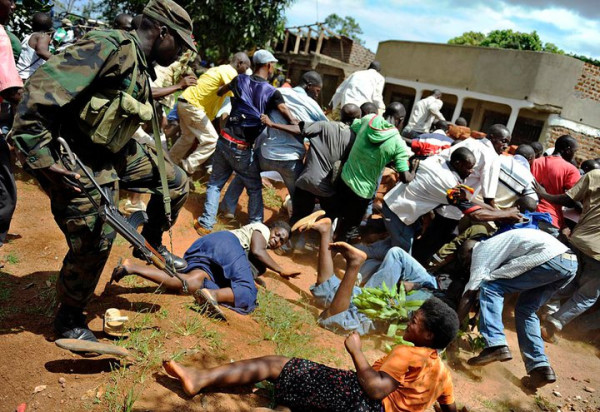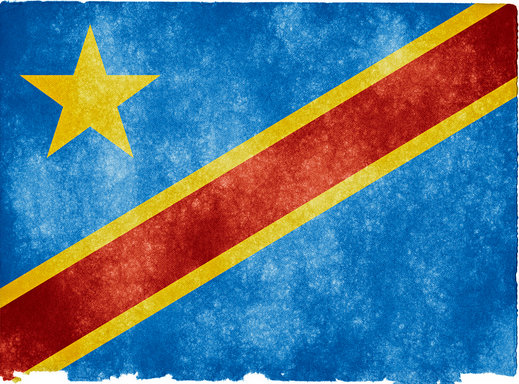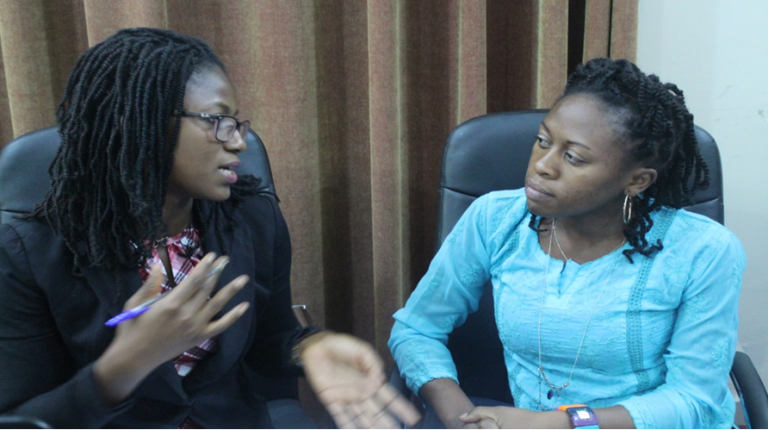This Alert was originally published by HRNJ-Uganda on February 3, 2016.
A Radio Simba journalist, Margaret Kayondo was on February 1, 2016, mobbed up by four army officers of the Special Forces Command at the ruling National Resistance Movement (NRM) Presidential Candidate, Yoweri Kaguta Museveni rally. The journalist’s tools of work were confiscated and material deleted.
Kayondo was covering a scuffle between NRM supporters and the police at Lwemiyaga town, in Ssembabule district, where the police tear-gassed the incumbent Member of Parliament for Lwemiyaga County, Theodore Ssekikubo’ supporters, who in turn reacted by throwing stones at the police. This saw the army join the police by firing gun shots and tear-gas to suppress the scuffle which lasted for about four hours.
“I had just finished recording the scuffle between Ssekikubo’s supporters and the police assisted by the SGC. The SFC were shooting at Ssekikubo supporters. When they saw me, they asked me to surrender all my gadgets, but I declined telling them that I was a journalist. They forcefully twisted my arms until they confiscated my audio recorder and smart phone which I was using to take photos. Four SFC officers emerged and asked me to delete everything.” Kayondo told HRNJ-Uganda.
She said that they smashed her cell phone and audio recorder, “they deleted both my audio recordings and photographs, especially those that captured the army beating and shooting at the locals”
HRNJ-Uganda leant that Kayondo had previously been attacked by the army before in 2013, 2015 and earlier on in January this year as a result of her work
Elsewhere in Mukono district, another journalist, Benon Kanamwanja of the Red Pepper publications was on January 31, 2016, attacked by the supporters of the incumbent Mukono Municipality contestant on the Democratic Party ticket, Betty Nambooze. The supporters led by the Mukono Municipality Youth Councilor, Godffrey Kisawuzi accused Kanamwanje of biased reporting. Nambooze is a journalist turned politician. She is the DP chairperson for the Central region.
“They deleted 114 of my photographs, leaving only 11 on the camera, which was also damaged in the process. They accused me of biased reporting and that journalists had not been invited to cover Nambooze’ campaign rally held at Seeta Ward, Buguba Village, Guma division. I reported a case of malicious damage to property at the Mukono police.
“There are many cases of violence meted against journalists on the line of duty, especially those covering the political campaigns. The media plays an integral part in elections, and in entrenchment of a democratic society. The police and politicians at large should ensure the safety of journalists. Police should investigates for purposes of prosecuting perpetrators of attacks against media practitioners.” Said the HRNJ-Uganda National Coordinator, Robert Ssempala.




